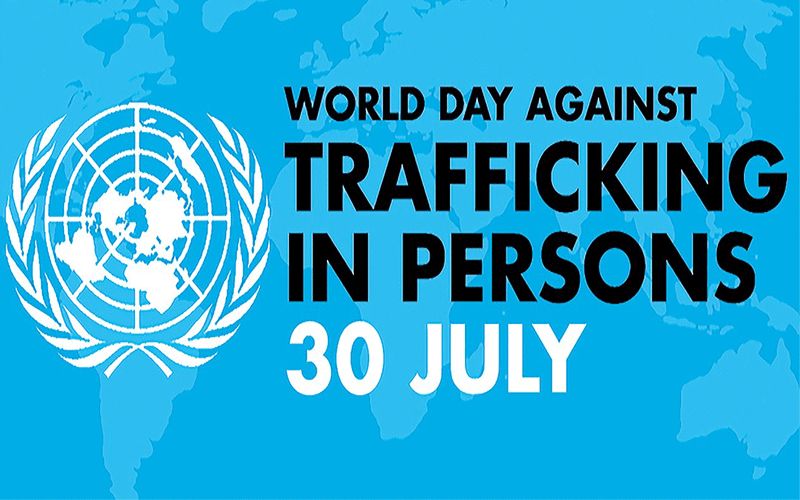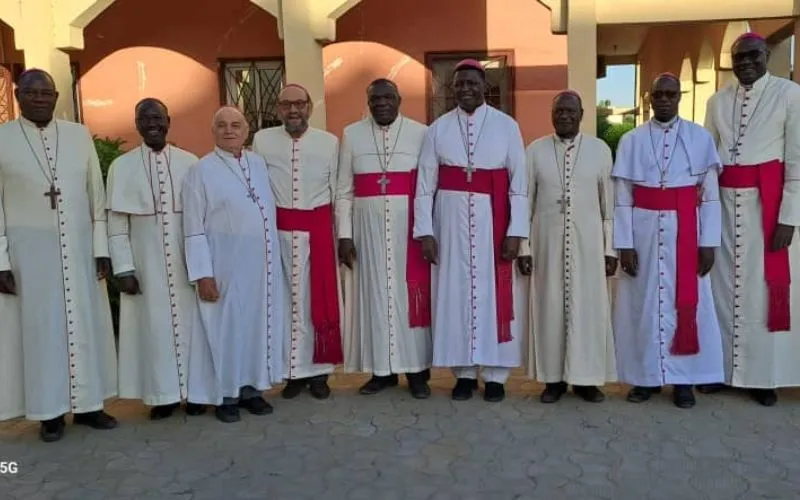Nairobi, 30 July, 2020 / 10:15 pm (ACI Africa).
On the occasion of the World Day against Trafficking in Persons marked July 30, the leadership of Salesian Missions, the U.S.-based development arm of the Religious Institute of the Salesians of Don Bosco (SDB), has joined other humanitarian organizations in reviewing initiatives toward curbing human trafficking around the world, including countries in West Africa.
Through the “Stop Trafficking” campaign, SDB members are seeking to provide “life-changing education, and prevention and awareness programs” to young people in the West African countries of Mali, Senegal, Gambia, and Guinea Bissau.
“Salesian missionaries around the globe provide programs and services to help youth lead healthier productive lives and ensure their safety,” the Director of Salesian Missions, Fr. Gus Baek, says in a July 30 report shared with ACI Africa and adds, “Part of the focus of Salesian missionaries in many countries is educating youth about the dangers associated with migration and those who might wish them harm.”
One of the primary ways we support youth, Fr. Baek further says, “is understanding the needs of the local market and providing training programs that help youth find work in their own communities in employment sectors that are looking for skilled labor.”
In the landlocked West African nation of Mali, SDB’s “Stop Trafficking” campaign targets “youth leaving countries in Africa in search of a better life in Europe,” Hannah Gregory who is the Salesian Missions Media Representative indicated in a report shared with ACI Africa Thursday, July 30.








